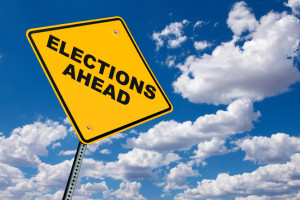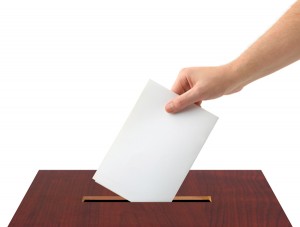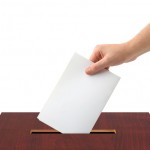 By Steve Brawner
By Steve Brawner
© 2016 by Steve Brawner Communications, Inc.
What would happen if the president were an average person, not a member of the country’s political and wealthy elite? Matthew O’Connor would like to give Americans a chance to find out.
The Ohioan is trying to mount an independent presidential campaign and wrote me recently looking for someone in Arkansas to collect signatures. Prospective presidential candidates in this state must collect only 1,000, which is pretty doable, but the deadline is August 1.
What led a father of three with no real political experience, no support and no name recognition to run for president? His big issues are corruption, the national debt, and the failure of the country to produce the right kind of candidate. His website is www.darkhorse2016.com.
“I just felt like no one was doing it for the right reason,” he told me. “I felt that a lot of people felt like … either they deserved it, or it was their turn, or they could buy it, and I thought it was about time that somebody did it because they wanted to serve the country and serve the people.”
A lot of Americans are looking for the same thing right now, considering the two major party nominees, Hillary Clinton and Donald Trump, have historically high unfavorable ratings. It seems the current system is not producing humble, service-oriented candidates like the famed Cincinnatus, who in 458 B.C. left his small farm to lead Rome through a crisis and then returned to the farm.
O’Connor won’t get very far in 2016. While the bar for making the ballot in Arkansas and some other states is low, in many states it is impossibly high for all but the best-connected candidates.
Maybe it should be. Every walk of life includes a system for winnowing out the wannabes. In business, you move up the corporate ladder. In sports, you prove yourself in college and in the minor leagues. And in politics, candidates are elected to something less than president, make a name for themselves, and then run for the nation’s highest office. On rare occasions, someone with success in another walk of life – Trump, President Dwight Eisenhower, President Ulysses S. Grant – has gotten a shot at the title. There’s no “American Idol” for presidents, and thank goodness.
O’Connor is not a billionaire business mogul or a famous general. He says he’s been able to balance life’s important areas – as an information technology professional, a father of three and a happily married husband who the day after our interview was planning to celebrate his 20th wedding anniversary.
“I know that sounds like a strange thing to say, but there’s a lot of success in that,” he said. “A lot of people don’t manage those things.”
Could someone like that be president? Could America benefit from leadership by competent, moral persons plucked temporarily from Main Street? Would those people be better at balancing budgets and serving the people than the political and cultural elite? Or would Main Street Americans be like decent high school baseball players suddenly facing Major League pitching? A lot of us probably could read a speech off a teleprompter. Could we sit across the table from Vladimir Putin?
If you’re thinking you’d like to write in O’Connor as a protest vote on Election Day, you can’t. There is no provision in Arkansas law for write-in presidential candidates. He must collect 1,000 signatures, which is a steep hill to climb for someone without Arkansas roots or campaign donations.
If he doesn’t, there’s still enough time for Arkansans to qualify a favorite son or daughter for the ballot. They wouldn’t win, of course, but at least they would offer another choice.
Some suggestions?
– Sam Sicard, president of the First National Bank of Fort Smith. In an age of self-promoters, he cares about ideas and doing the right thing.
– Kevin Kelley, head coach of the Pulaski Academy Bruins, the high school football team that doesn’t punt. He’s a creative, data-driven thinker.
– Mark DeYmaz, pastor of Little Rock’s Mosaic Church, where people of all races and income classes worship under one roof. He brings people together.
– Mary Carol Pederson, founder of The CALL in Arkansas, which recruits families to foster and adopt children. She focuses on kids and the future.
Want to vote for one of those people, or Matthew O’Connor, rather than Clinton, Trump, or one of the third party candidates? The deadline for collecting signatures is August 1.
Related: It’s OK to vote for someone else.

